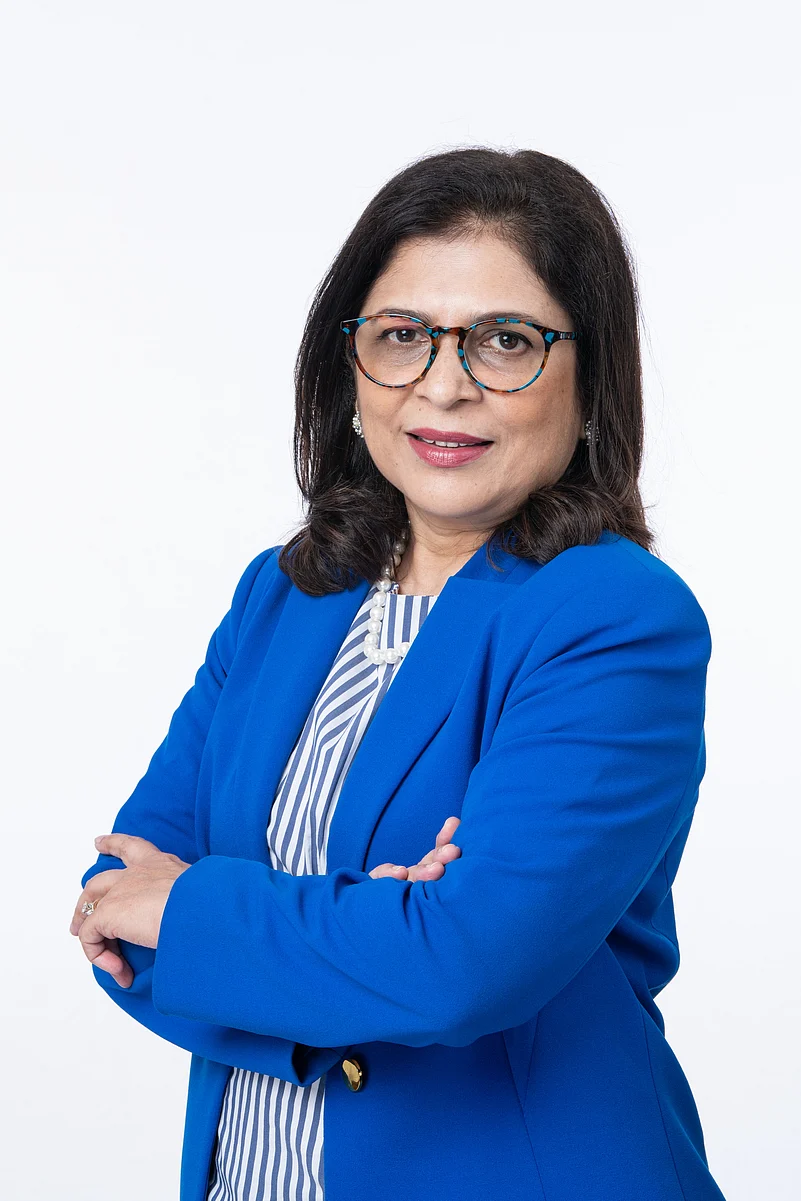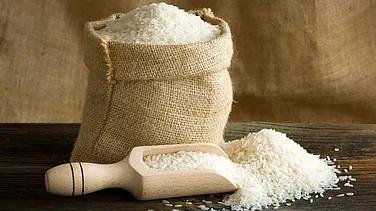By Vibha Padalkar - MD & CEO, HDFC Life
Multi-tasking comes naturally to us women – be it playing the role of a home-maker or that of a career woman or both, simultaneously. The common thread across these roles is the need to plan for the future. The protective instinct in us has always driven us towards saving for a rainy day. There was a time when women would keep aside some cash in places that would not be easily accessible and only utilise it during an emergency. Changing times have made it necessary to change the mode of saving, thus making it necessary for us to actively take interest in financial instruments that would enable us to save for the future. However, would only savings suffice when it comes to dealing with a financial emergency – say the critical illness of a family member?
Funds in the savings account or a recurring deposit account would grow at a pace that would not beat inflation. Further, one long episode of hospitalisation could wipe out the entire savings kitty that would have been accumulated over decades. It is therefore necessary for us – as working women or home-makers – to consider different financial savings instruments, especially life insurance.
Life insurance is an instrument offering the dual benefits of protection and savings. As per the latest IRDAI report, the number of policies issued to women in the year 2022-23 is around 97.38 lakhs which is 34.20 per cent of 2.84 crore total policies. There is a greater need for awareness about the category as life insurance is a must-have for every woman.
Protect what you already have
The first need that life insurance fulfills is that of financial protection. In case anything were to happen to the bread-winner, the proceeds from the policy could act as a replacement of income. Thus term life insurance is a necessity for every working woman and her spouse. Home-makers need to ensure that their spouse is adequately insured.
Also, term insurance is not only for married women. It is becoming popular amongst single women as well. A recent report released by Policybazaar states that single women planned and bought a term plan to secure their potential children and also to take care of aging parents.
Think for the long-term
Buying a home, children’s education – these are long-term goals that we all nurture for ourselves and our families. Saving towards these with the right financial instrument ensures fulfillment of these goals. Building a corpus requires a regular, disciplined approach towards investments. There is a wide range of financial instruments available in the market such as life insurance savings and investment plans, mutual funds, equities, etc. The key is to choose an instrument that meets our requirements keeping in mind the investment horizon, current income, liabilities and future goals. Further, ensuring that the long-term savings plan remains un-impacted by emergencies or an eventuality is necessary and this can be done with life insurance.
Health is wealth
Always purchase health insurance – for hospitalisation expenses and to manage critical illnesses. A prolonged illness or hospitalisation could have a severe impact on the family’s finances. We need to keep our families prepared to deal with health emergencies, financially.
A second income – for life’s surprises
Guaranteed life insurance plans could act as a second income. The additional funds could fulfill aspirations such as a vacation abroad. That’s not all, these plans could play the critical role of providing a fixed income in case of a job loss or a break in career due to planned or unplanned reasons.
Conclusion
We women love to plan and organise – when it comes to our home and the family. If we extend the same approach towards our finances, we would be better prepared to deal with life’s challenges as well as fulfill our long cherished dreams. There’s no greater joy than living the life we always wanted.
(Views expressed are personal and do not necessarily reflect the official position or policies of the Outlook Media Group.)




























